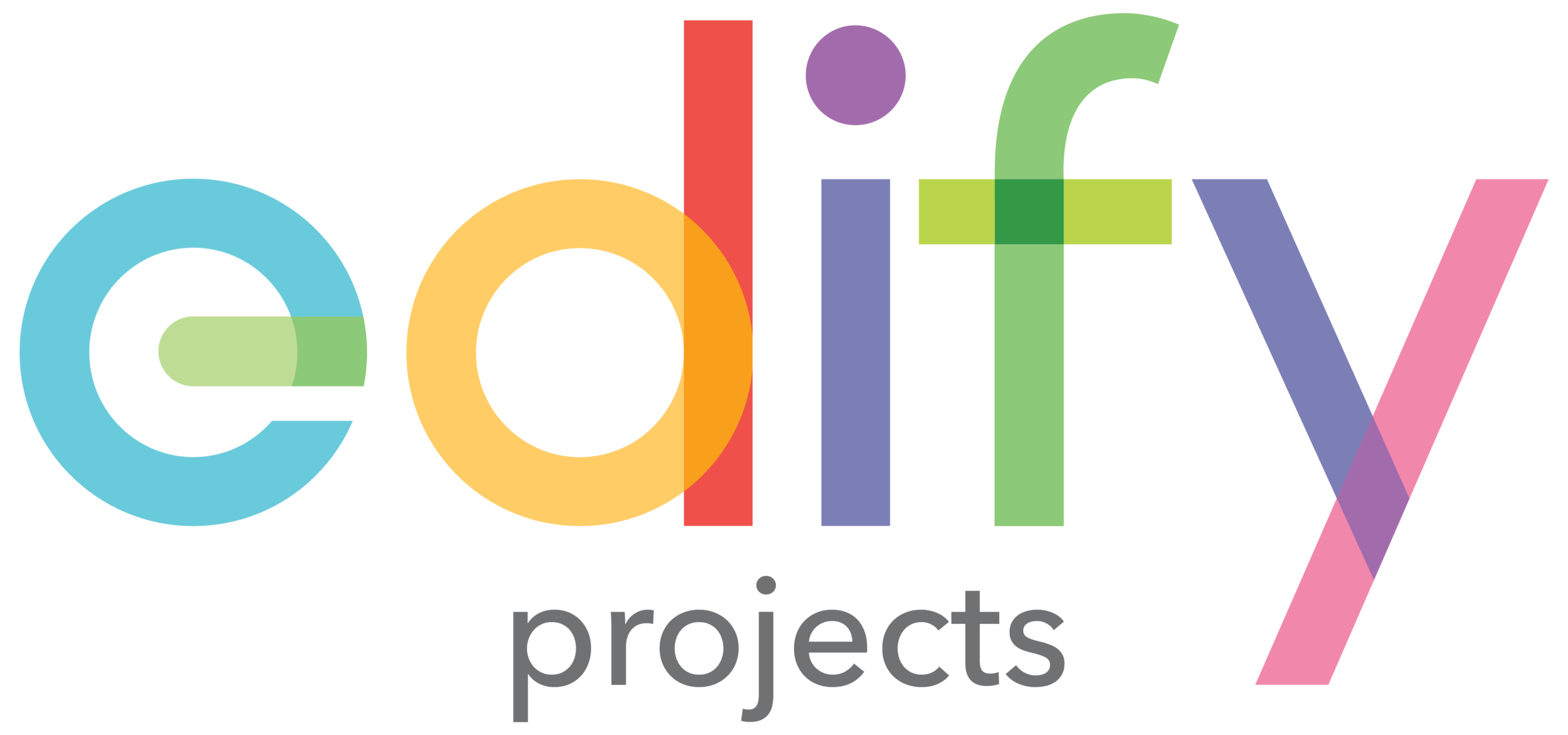NYU Edify Projects: Curriculum Design 2019
The NYU Edify Projects curriculum designs are based on a dissatisfaction with the one-size-fits-all learning approach to which most schools adhere, and a belief in the necessity of flexible curriculum that adapts to the needs of students.
Much of current high school education prioritizes college preparation at the expense of students for whom higher education is not a possibility or their desired path. This emphasis on college as the only means to success is at odds with the reality of rising college tuition, increasing rates of graduate unemployment, and the over-qualification of many college graduates for their first occupation. Our curriculum design recognizes this inconsistency and offers opportunities for both college readiness and comprehensive vocational training, acknowledging the varied ways in which students find value and passion in their education. Monument Mountain Regional High School is known for having a strong CVTE (Career and Vocational Training Education) focus already, offering respected automotive and horticulture programs. We hope to further support these initiatives by making longer class time blocks and offering certification programs that would qualify students for full time work after graduation.
We see the project not as the ultimate prescriptive formula to be replicated in its entirety, but rather as suggestions to be considered with underlying principles that may be implemented through other means. Students learning in schools today will mature into a world riddled with global problems. It is our strong belief that we must equip and empower them to face these challenges with confidence in their creative problem-solving abilities and collective power.
Frameworks
The four frameworks - Work Study, Problem Projects, Narrative, and Creative Science Lab - provide the blueprint on which classes are structured and give context for incorporating the content pillars. They overlap and complement each other to provide a comprehensive model that integrates learning and application.
We believe that when students are given the freedom to take the lead in their learning, they are more engaged, more invested, and more fulfilled. Our proposal ensures that students demonstrate a clear understanding of core topics and skills that are expected of high school students, but in a way that fosters an investigative drive. Through the frameworks proposed, students learn and practice hard skills and knowledge that comprise a holistic education, while also taking the lead in their own creative projects and initiatives. These frameworks are complemented by Math, Trades, and Electives courses.
Content Pillars
The frameworks outlined previously help us understand how classes in our proposed curriculum design will be structured, but the content of these courses is an interdisciplinary combination of the core curriculum recognized as standard and the topics that aren’t traditionally offered or given weight. We set out to balance the content collectively understood as necessary for informed citizens of a democracy to possess with creative and forward-thinking subject matters that we see as crucial for today’s students to discuss.
We identified four key additional areas that we feel are underemphasized in K-12 education, and for which our frameworks create a perfect platform: ecological sustainability, technological literacy, creativity & entrepreneurship, and human & life skills. These four pillars of content are aligned with what we see as the education needs of the 21st century.













